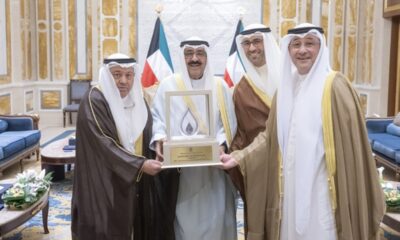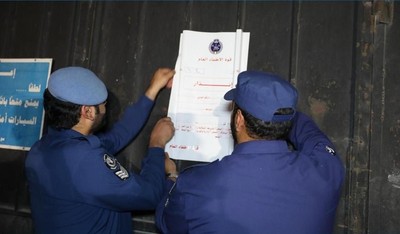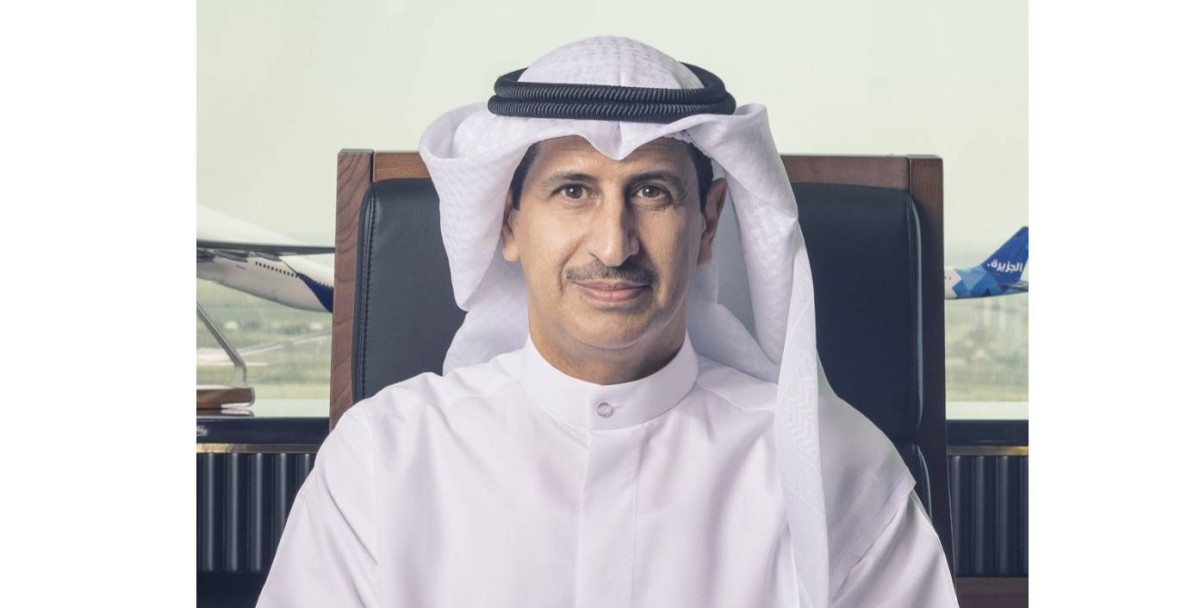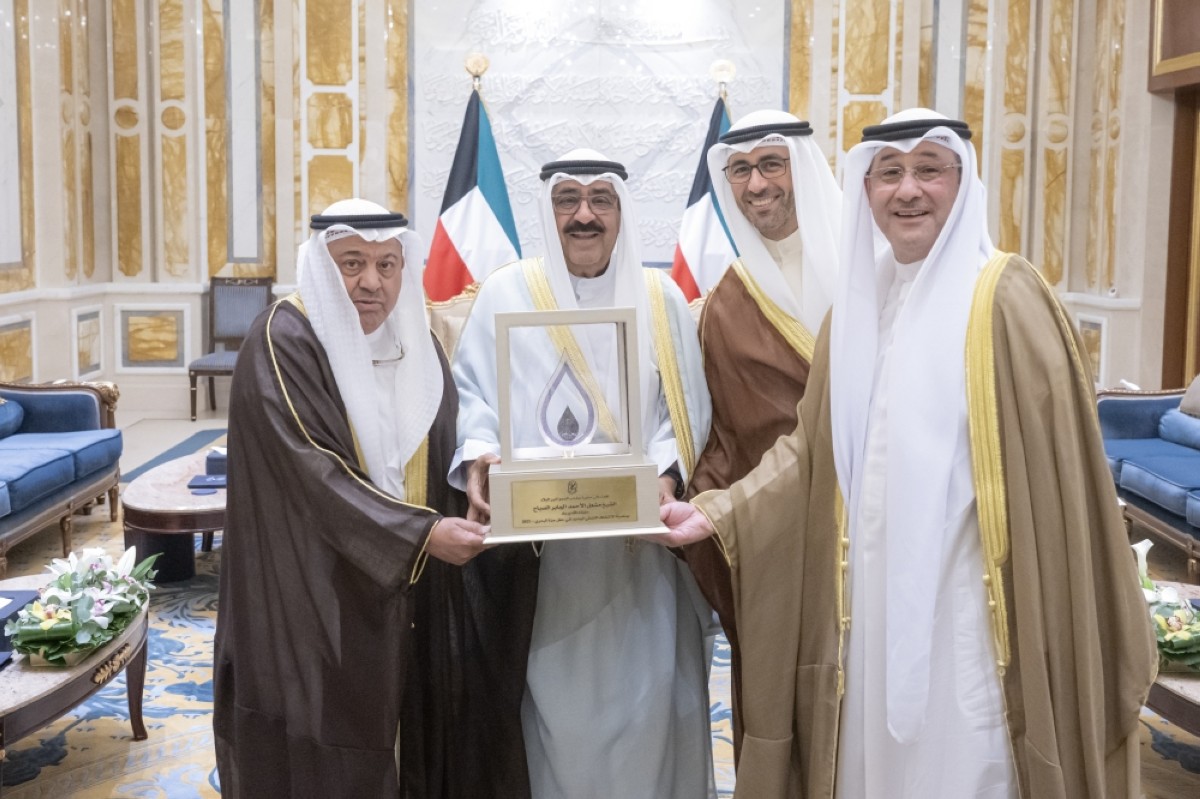KUWAIT: Kuwait has introduced new regulations to govern the country’s charitable organizations — nonprofit organizations that serve as a backbone of local and international aid work. The move is part of a broader push by the Ministry of Social Affairs to tighten oversight and ensure transparency across the country’s nonprofit sector.
The updated regulation, issued Sunday under Ministerial Decision No 90, replaces a 2015 framework that had governed the creation and operation of charitable associations for nearly a decade. It introduces streamlined procedures for registration, stricter rules on board eligibility, and more robust mechanisms for oversight.
But with a separate law also introduced in June this year for charitable foundations — known locally as mabarat — some are wondering: What’s the difference, and why now?
Associations vs foundations
The regulation published in Sunday’s Kuwait Al-Youm applies specifically to charitable organizations — these are typically membership-based organizations governed by a general assembly. Members elect the board, vote on budgets and reports, and participate in decision-making.
In contrast, charitable foundations, governed by the June 2025 regulation, are non-membership-based entities often created through endowments or donations. They are managed by a board of directors appointed by founders.
So, What’s new in Sunday’s regulations? The new rules introduce a more detailed and centralized regulatory structure than the one introduced in 2015. Here are the biggest changes:
Fewer founders
In 2015, starting a charitable association required at least 50 Kuwaiti founders. The new regulation lowers that to just 10. But the bar for eligibility has been raised: board members must now be at least 30 years old and hold a university degree. Founders must have clean legal records and formally commit not to request financial support from the government.
The 2025 rules strengthen the Ministry of Social Affairs’ role in monitoring organizations at every stage — from registration to elections and fundraising.
Organizations are now required to: Notify the ministry before any public fundraising activity; seek ministry approval to relocate, expand, or even admit new members; and provide full member lists and financial reports upon request. Perhaps most notably, the ministry must be physically present at general assemblies for decisions to be valid. If it withdraws from a meeting, the assembly is automatically invalidated.
Clearer penalties
The application process to start a charity organization is more structured under the new rules. The ministry must issue a decision on registration within one month of receiving a complete application. A dedicated register must now log all applications — accepted or rejected — along with reasons for refusal. Rejected applications can be appealed within a month. The new framework lays out a clear escalation process for violations: Associations get one written warning. If they fail to correct the issue within one week, their bank accounts are frozen. Repeated violations or financial misreporting can lead to suspension or even dissolution — with the cabinet’s approval. In contrast, the 2015 regulation used a longer enforcement ladder, with two warnings spaced out over a month or more, and didn’t clearly spell out consequences for repeated non-compliance.
Why Now?
The updated regulation comes amid heightened scrutiny of charitable activity in Kuwait, especially around fundraising transparency and potential misuse of funds. In early 2025, the ministry temporarily suspended all charitable fundraising in response to unauthorized donation drives on unofficial platforms but has since lifted the suspension.
Kuwait is now in the final stages of approving a comprehensive law to regulate charitable work and strengthen oversight over the sector. A key feature of the law is the creation of a governmental ‘center’, dedicated to humanitarian work, serving as a unified authority overseeing all aspects of charitable activities. The new law is currently under legal review and is expected to be finalized in the coming weeks.
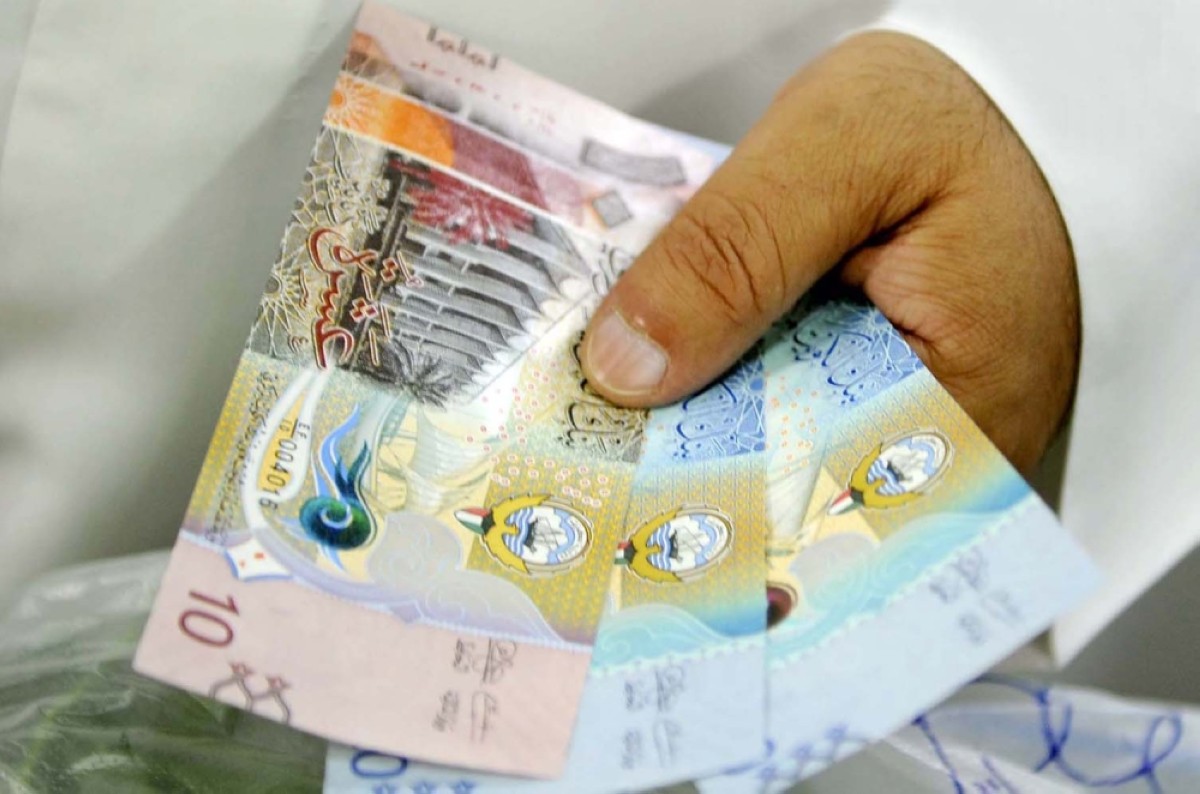

 Politics21 hours ago
Politics21 hours ago
 Business21 hours ago
Business21 hours ago
 Politics20 hours ago
Politics20 hours ago
 Politics16 hours ago
Politics16 hours ago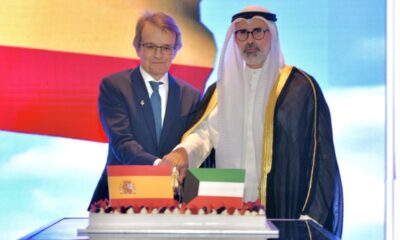
 Latest News14 hours ago
Latest News14 hours ago
 Latest News21 hours ago
Latest News21 hours ago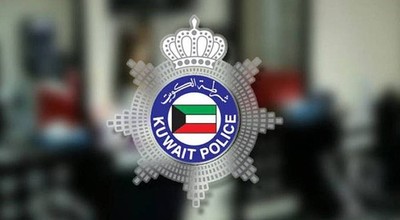
 Politics18 hours ago
Politics18 hours ago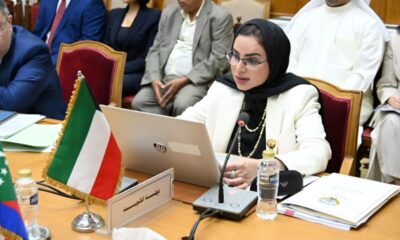
 Latest News18 hours ago
Latest News18 hours ago






